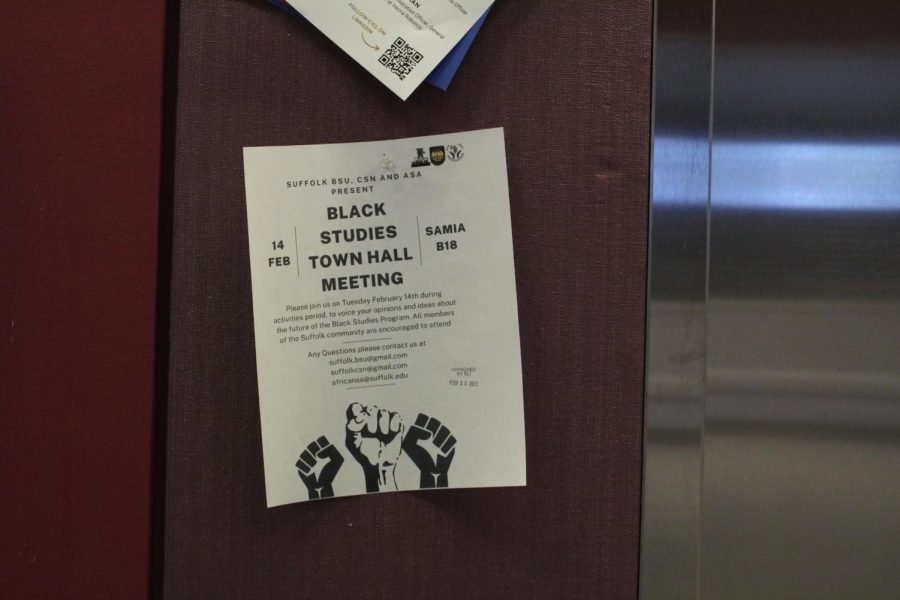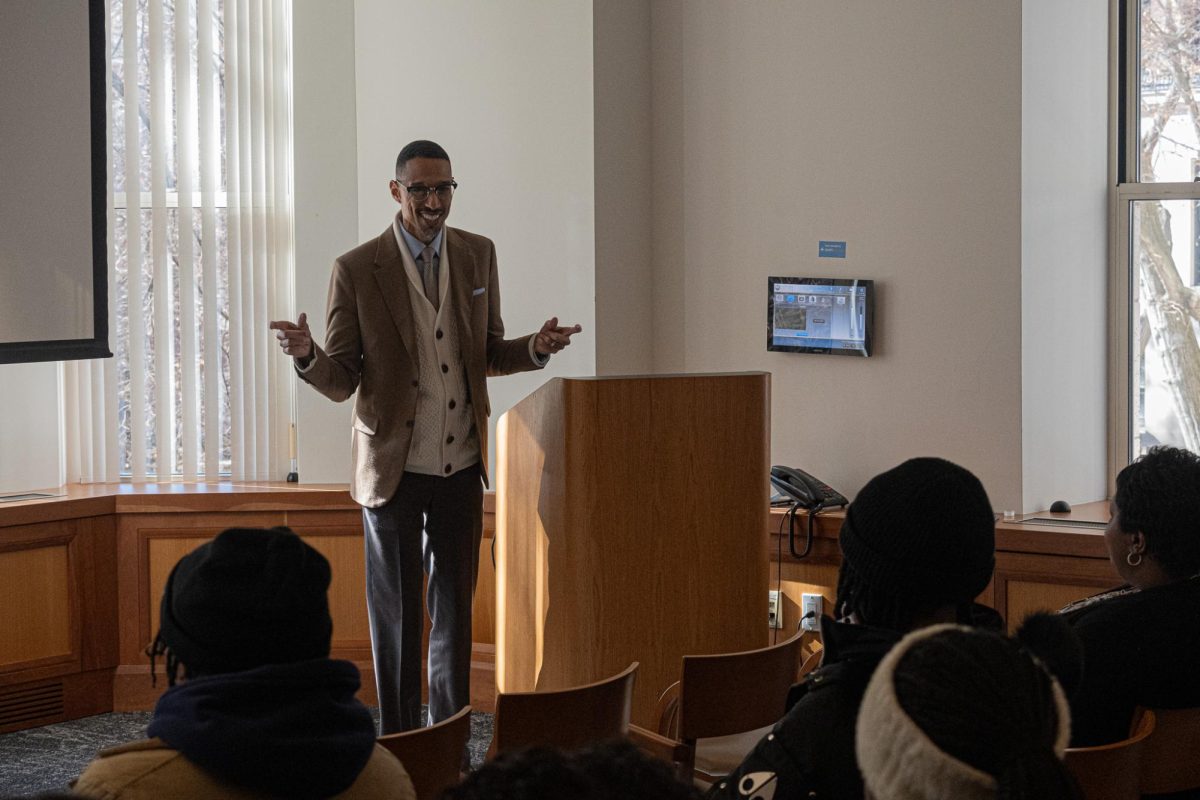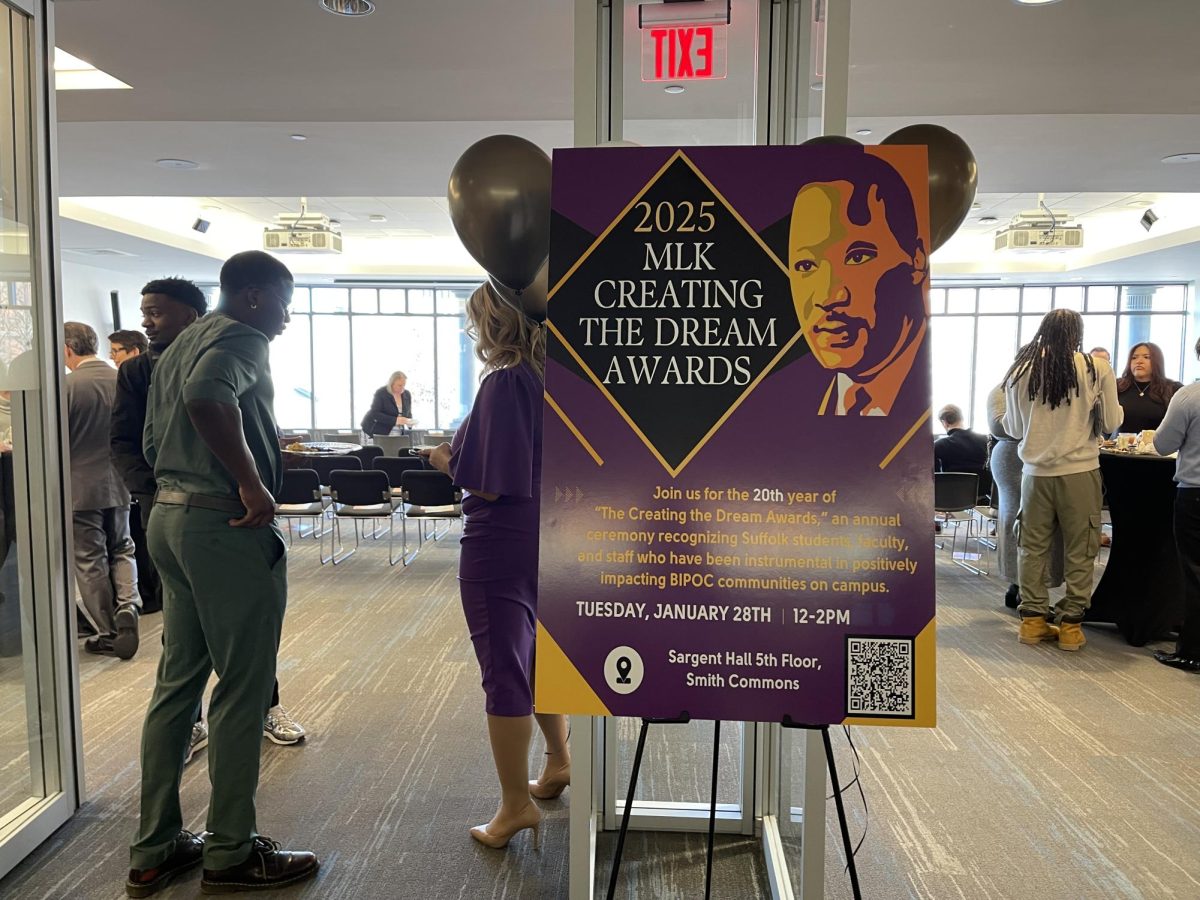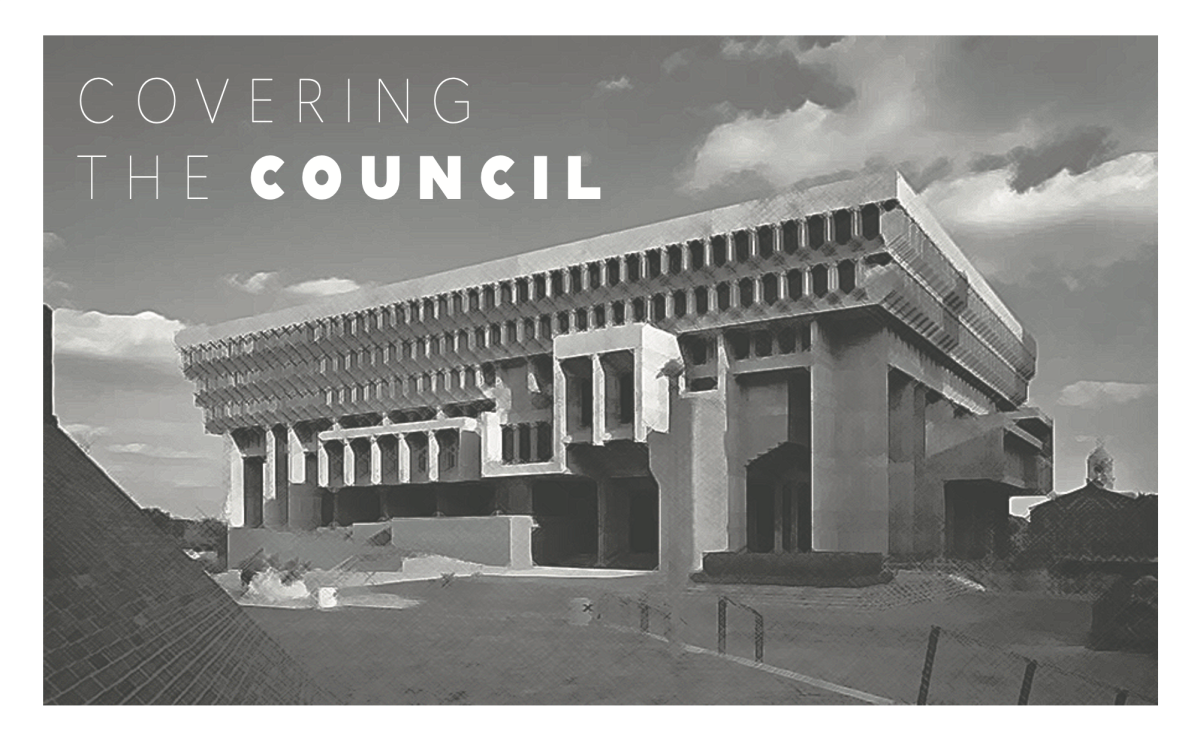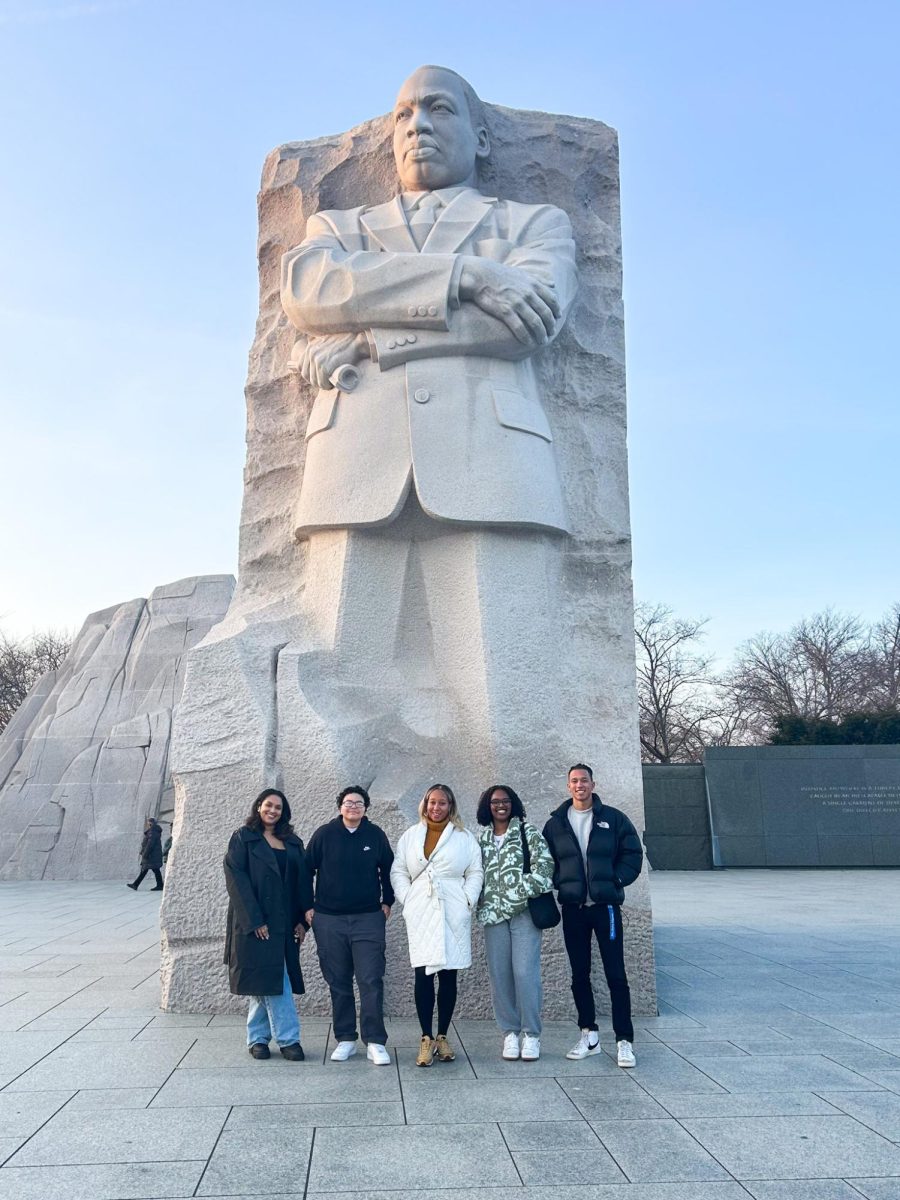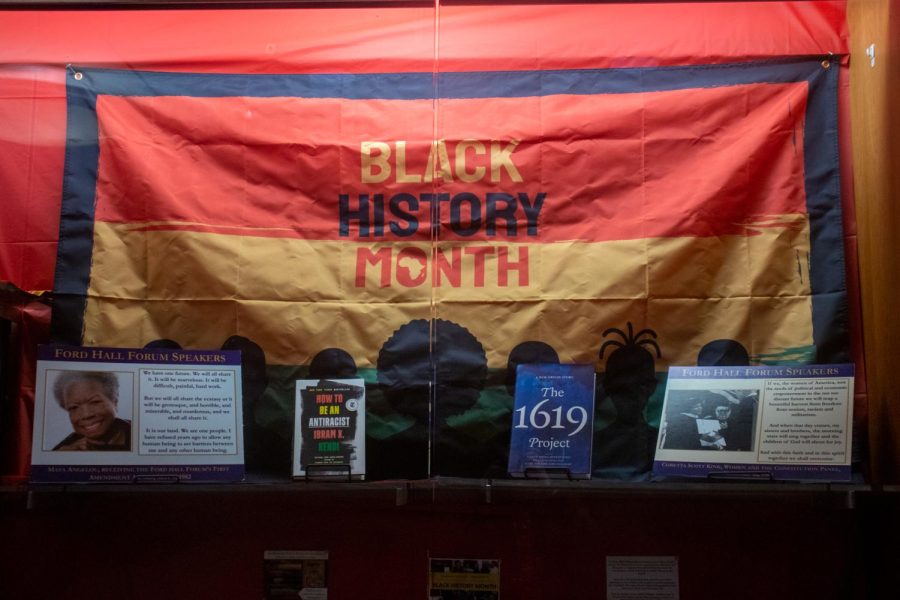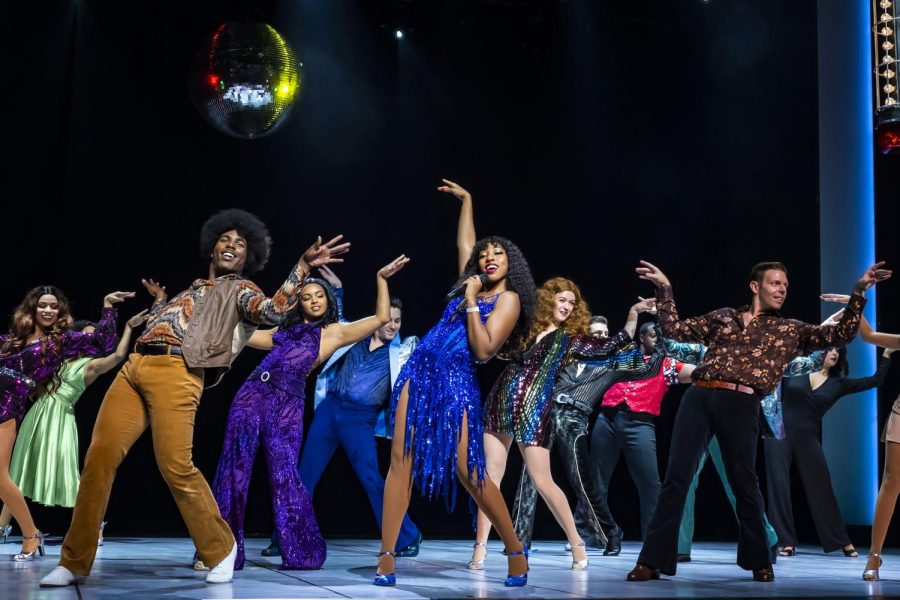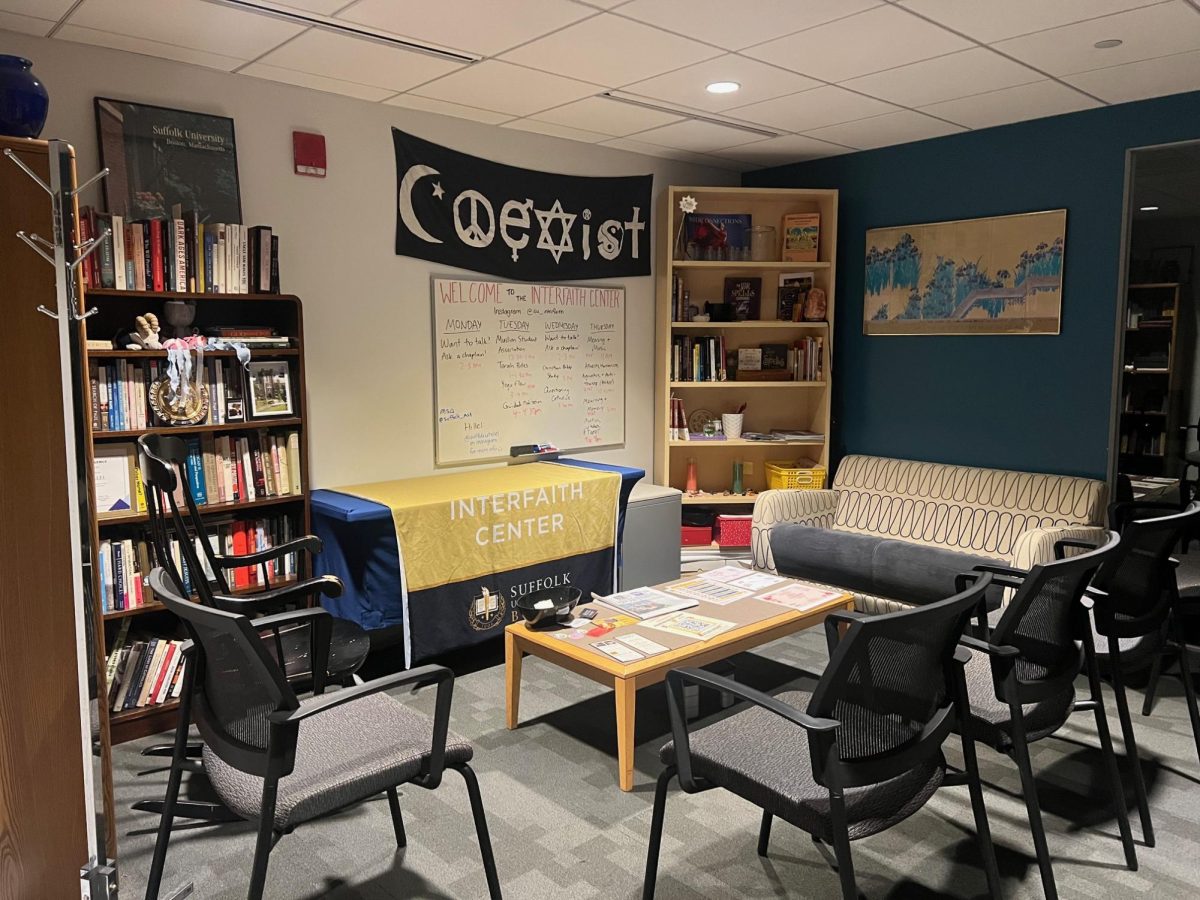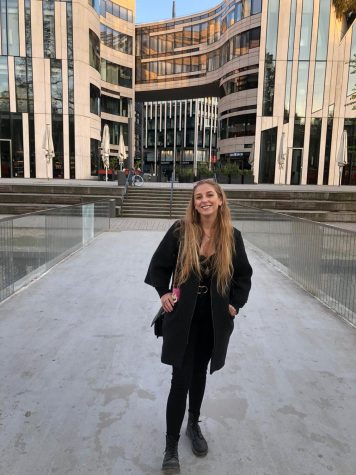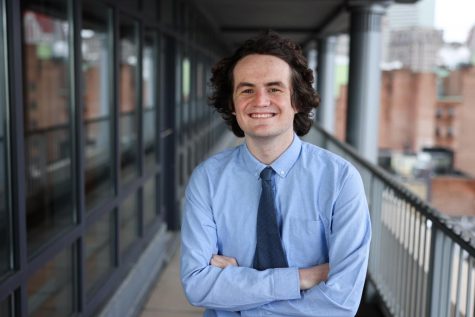On Feb. 14, the Suffolk University Black Student Union, Caribbean Student Network and African Student Association held a town hall meeting to discuss the future of the Black Studies program and College of Arts and Sciences Dean Edie Sparks’ proposal to develop a new Ethnic Studies program.
The previous meeting in December and reporting by The Suffolk Journal revealed that many students are against the idea of creating a new program due to concerns that the Black Studies program would be erased.
The dean had put the creation of the new program on hold since the last meeting in December, and the Feb. 14 forum was scheduled to discuss further logistical matters. Organizers of the event said the purpose was to gather ideas from students about what they want from faculty and curriculum in order to communicate them to the dean.
While some students were concerned that they would not be able to graduate with a minor in Black Studies, it has now been established that they can. However, students said it is still important that the program remains and is invested in and improved upon.
“It’s very important to keep it going. I do not want this program to die with my class or the following class. It’s important to hear Black voices and Black stories … Nobody knows what it’s like to be Black except for a Black person, so being able to learn that at a predominantly white university would be good for us,” said Arantxa Melendez, a political science and history major.
One of the major concerns highlighted was the lack of Black professors on campus.
Students at the forum said Black Studies classes should be taught by a professor of color, but they also want to be represented within the faculty at large, which should be as diverse as the student body.
Furthermore, there is a shortage of professors offering Black Studies classes, particularly after Professor Robert Bellinger, who founded the Black Studies program in 1993, left Suffolk. Since then, there has been no substitute in terms of a professor who can teach the introduction class.
“What’s important is to hire more faculty to meet the demands [of the students],” said Professor Tolan Szkilnik in an interview with The Journal.
Students also voiced concerns that Black Studies classes should be more integrated within all majors at Suffolk. Makella Houdagba, a global business and management major, criticized that she hasn’t had a Black professor in the business school.
“The professors [at Sawyer Business School] come from their own business background. To me [not having Black professors] shows that there aren’t successful Black people in business, but there are very successful Black business owners and Black executives and I think that should be highlighted in the business school,” said Houdagba.
She added that she would want to see more case studies regarding Black-owned businesses, as Houdagba said, they are often overlooked in a business school setting in favor of major corporations run by white men.
The availability of Black Studies classes has also been criticized. Many of the students present said they want to pursue a minor in Black Studies. However, several pointed out that the classes were largely offered in the evenings or on Fridays, which they said are highly unpopular time slots.
Attendees alleged that students are sometimes unaware of the possibility of pursuing the minor or have difficulties finding the classes that are available, as many are registered under other disciplines. Currently, only two classes are designated as part of the Black Studies minor, according to the course registration website.
Student participants said the forum was another step forward in the fight for the future of Black Studies in Suffolk.
“I feel like we’re making strikes to do something that’s actually of substance and actually move forward,” said Melendez.


